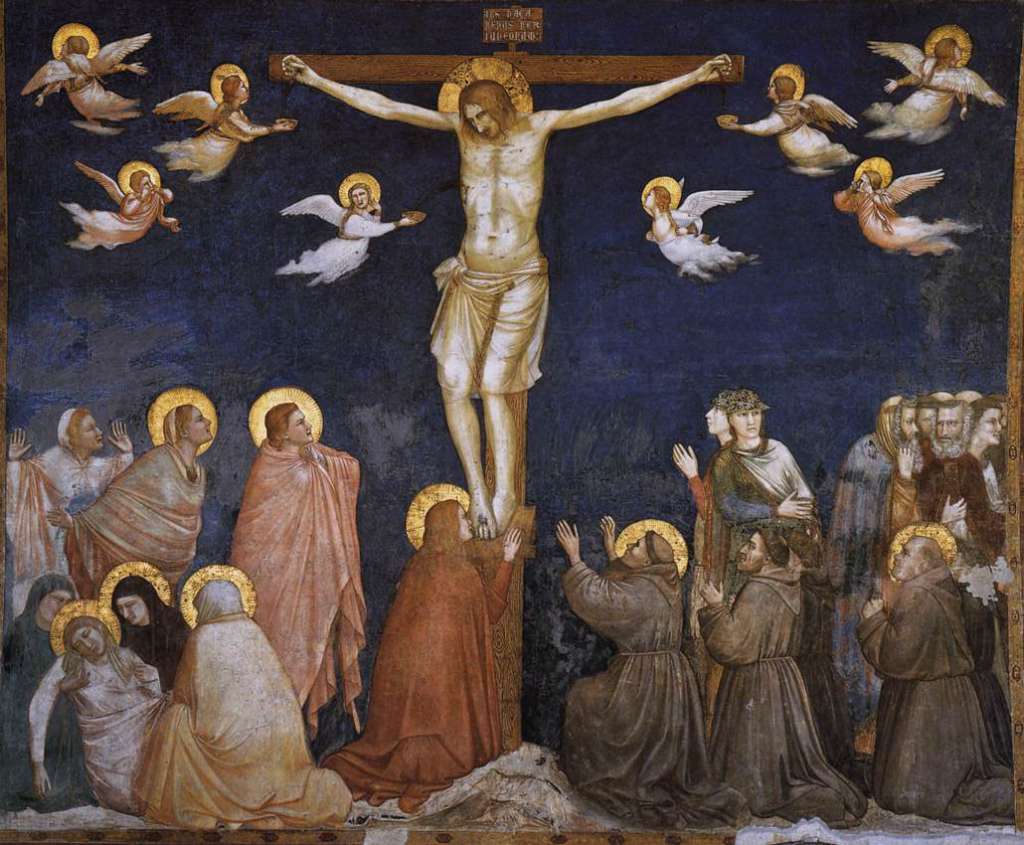Have the words "Christian" and "Christianity" become dirty words? From writers like Shane Hipps to songsters like Marcus Mumford, the idea that Christ does not need Christianity has become fashionable. Like the "spiritual but not religious" cliché, the idea is that Jesus did not institute an articulate, organized, religion, but a personal, nebulous message of love.
I want to suggest an old-school, if unwelcome, idea. Jesus was religious, and Christianity was his idea.
To say Christ does not need Christianity is like saying a farmer does not need agriculture. If by agriculture we mean Monsanto and McDonald's, then perhaps the statement is true. But if by agriculture we mean the practice of farming, the cultivation of the soil for growing crops and the rearing of animals to provide food, then the statement is an oxymoron.

Jesus said the Kingdom of God is like a farmer who scatters seed on the ground (Mark 4:26). Paul writes about how, as an apostle, he planted seed, Apollos watered, and God gave growth (1 Corinthians 3:6). In other words, Christ is like a loving farmer and he calls Christians to join him in this cosmic agricultural practice. For two thousand years the practice has been called "Christianity," and it is a religion.
"But Jesus didn't come into this world to start a new religion," you might say. "Wasn't his stated purpose actually to announce the 'kingdom of God'?"
But Jesus did come to start a new religion, a fulfilled religion, a way of life that is nothing less than religious. It was Christ who instituted the sacraments of Baptism and the Holy Eucharist. Appointing 12 apostles was his idea. It was at Antioch that the believers of Jesus were first called "Christians" (Acts 11:26). They were called Christians because they were telling the good news about the Lord Jesus, because the Lord's hand was with them, and a great number of people believed and turned to the Lord. Barnabas and Saul catechized them, and they remained true to the Lord with all their hearts, helping those in need (Acts 11:20-29). In other words, they were Christians practicing Christianity, the religion based on the person and teachings of Jesus of Nazareth, replete with beliefs and practices.
When people say Christ does not need Christianity, surely they do not mean that Christ does not care about the doctrine of the Trinity, or the canonization of the Bible or the Creeds -- all central expressions of Christianity. The idea of Christ "not needing" Christianity is unhelpful. Christians believe that God does not need anything because he is, well, God. But just because God does not need, say, his created world, it does not follow that he does not care about it.
If I may borrow the idiomatic expression of God "needing" anything, I have come to an unpopular conclusion: Christ needs Christianity. He needs Christianity because Christianity is the farming practice of his Spirit-infused Church. But Christ needs Christianity to be Christ-like.
In the same way Monsanto and McDonald's make "agriculture" look pretty bad, some Christians make "Christianity" look pretty bad. But it does not follow that we should do away with real agriculture or real Christianity. Although there are sloppy, even harmful, distortions of Christianity out there, the corruptions are not the real thing. Abuse does not negate use. Christianity is Christ's agenda, not ours. Jesus says the fields are white for the harvest (John 4:35). It is time for Christians to re-learn healthy and loving agricultural practices, to reclaim the art of Christianity. It is time to be Christians who are Christ-like.